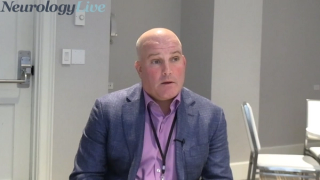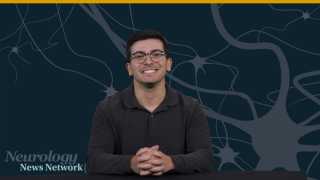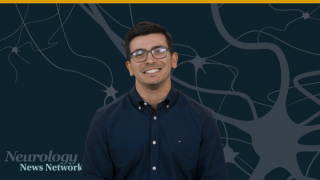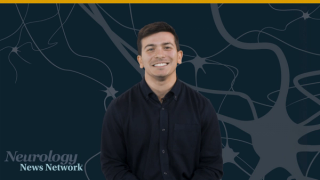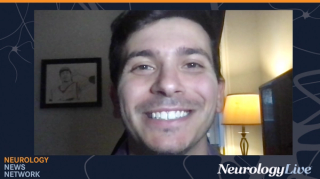
Dementia and Alzheimer Disease
Latest News
Latest Videos
CME Content
More News
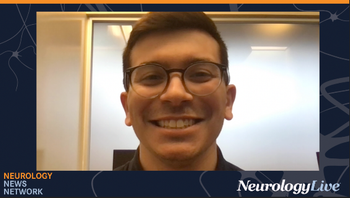
Neurology News Network for the week ending January 27, 2024. [WATCH TIME: 3 minutes]

Take 5 minutes to catch up on NeurologyLive®'s highlights from the week ending January 26, 2024.

The chief executive officer of Aruna Bio provided context on a newly accepted phase 1/2 trial assessing the company’s neural-derived exosome agent AB126 in patients with acute ischemic stroke.

The director of Geriatric Psychiatry at the St Louis University School of Medicine talked about BXCL501 as a potential treatment for acute agitation in patients with Alzheimer disease and how it compares with brexpiprazole, the first approved therapy. [WATCH TIME: 4 minutes]

Overall, the results revealed that light therapy helped to alleviate sleep efficiency, sleep quality, depressed mood, caregiver burden, and agitated behavior.

Here's some of what is coming soon to NeurologyLive® this week.

Test your neurology knowledge with NeurologyLive®'s weekly quiz series, featuring questions on a variety of clinical and historical neurology topics. This week's topic is headache and migraine.
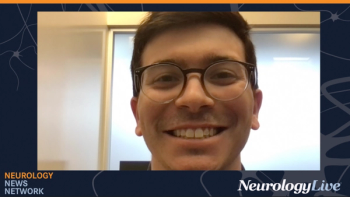
Neurology News Network for the week ending January 21, 2024. [WATCH TIME: 3 minutes]

Take 5 minutes to catch up on NeurologyLive®'s highlights from the week ending January 19, 2024.

The strong association observed at APOE in this analysis was consistent with observations from other amyloid-lowering therapies, which also found an elevated incidence of ARIA among APOE ε4 carriers.

PARADIGM, an ongoing phase 2 placebo-controlled trial, will have additional biomarker data released in the first half of 2024.

The newly FDA-approved AI-powered software platform BrainSee utilizes brain MRI and cognitive assessments to reportedly predict the progression of amnestic mild cognitive impairment to Alzheimer disease in 5 years.

Test your neurology knowledge with NeurologyLive®'s weekly quiz series, featuring questions on a variety of clinical and historical neurology topics. This week's topic is epilepsy and seizure disorders.

Take 5 minutes to catch up on NeurologyLive®'s highlights from the week ending January 12, 2024.
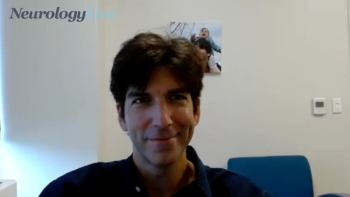
The chief medical research officer and head of research at Aviv Clinics talked about the anticipation of long-term results on a randomized controlled trial assessing hyperbaric oxygen therapy, a treatment for long COVID. [WATCH TIME: 5 minutes]

Brexpiprazole was generally well tolerated over 12 weeks in this vulnerable patient population, with documented efficacy that supported its approval in early 2023.

Given the low rates of adverse events and benefits to overall health, modifiable risk-reduction strategies could have a significant impact on public health.

Beth McQuiston, MD, RD, neurologist and medical director at Abbott, discussed the latest developments in traumatic brain injury, such as Abbott’s lab-based blood tests, as well as upcoming publications and guidelines to help with diagnosis.

The associate director of the Alzheimer’s Disease Research Unit at the Yale School of Medicine provided commentary on positive phase 1 findings assessing ALX-001, a highly selective agent in development for neurodegenerative diseases.
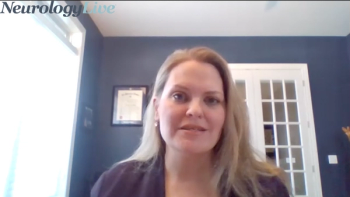
The vice president of medical and scientific relations at the Alzheimer’s Association discussed where the organization’s efforts are currently invested and the ways to continue momentum in the Alzheimer disease field. [WATCH TIME: 5 minutes]

Catch up on any of the neurology news headlines you may have missed over the course of January 2024, compiled all into one place by the NeurologyLive® team.

Test your neurology knowledge with NeurologyLive®'s weekly quiz series, featuring questions on a variety of clinical and historical neurology topics. This week's topic is Alzheimer disease and dementia.
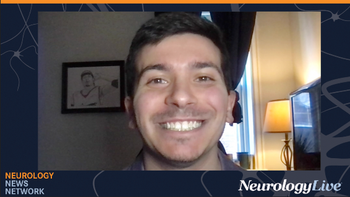
Neurology News Network for the week ending January 6, 2023. [WATCH TIME: 3 minutes]

Here's some of what is coming soon to NeurologyLive® this week.
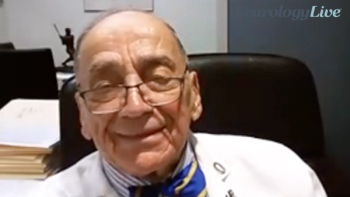
The director of the Ann Kimball and John W. Johnson Center for Cellular Therapeutics at Houston Methodist Hospital discussed the clinical manifestations of frontotemporal dementia (FTD) and how Coya Therapeutics is moving toward precision medicine with their FTD candidate, COYA 301. [WATCH TIME: 4 minutes]







